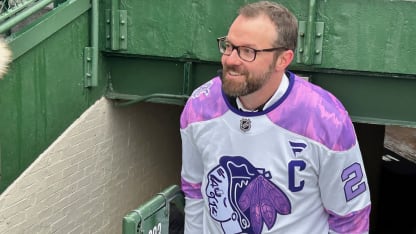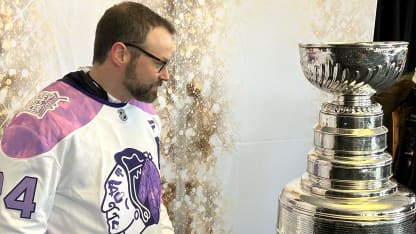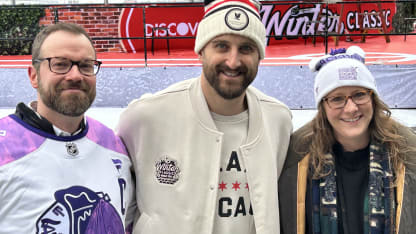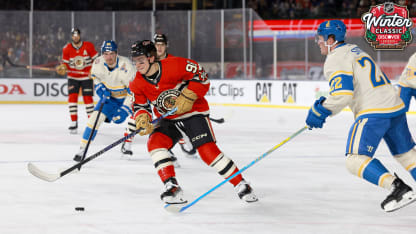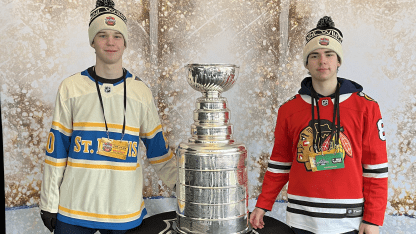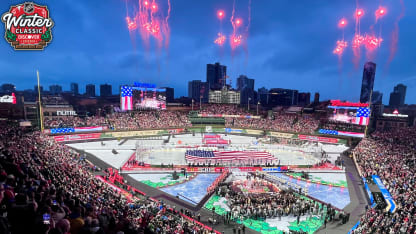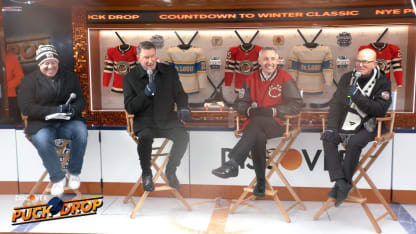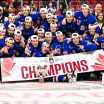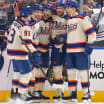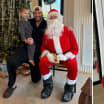CHICAGO -- Brandon Faubert is a burgeoning star in the science world, but he traces some of his success to lessons learned from his first passion.
Faubert, who grew up in Chatham, Ontario, loved playing hockey as a kid, still does to this day, just not as competitively.
"Hockey has always been a big part of my life," the 38-year-old said. "Growing up in small-town southwestern Ontario, we were playing on the frozen creeks, we were playing on the backyard rinks. We were playing shinny games or in competitive leagues.
"As I have gotten older, its going away from those competitive leagues and moved into those recreational leagues with friends and colleagues throughout my life. It always has been, and remains, a big part of my life."
So is fighting cancer.
He says his laboratory is his rink these days and he sees his fellow cancer researchers as his teammates.
"For better or worse, I describe the lab as a hockey team," said Faubert, an assistant professor at the University of Chicago who holds a doctorate in physiology. "They know that I'm, more or less, the coach and in bringing in different people, different skill sets and different viewpoints and having them work together on a goal, whether that's winning a hockey game or whether that is doing cancer research, is really the same thing. So, that unity and teamwork is very much an ethos of our laboratory."
